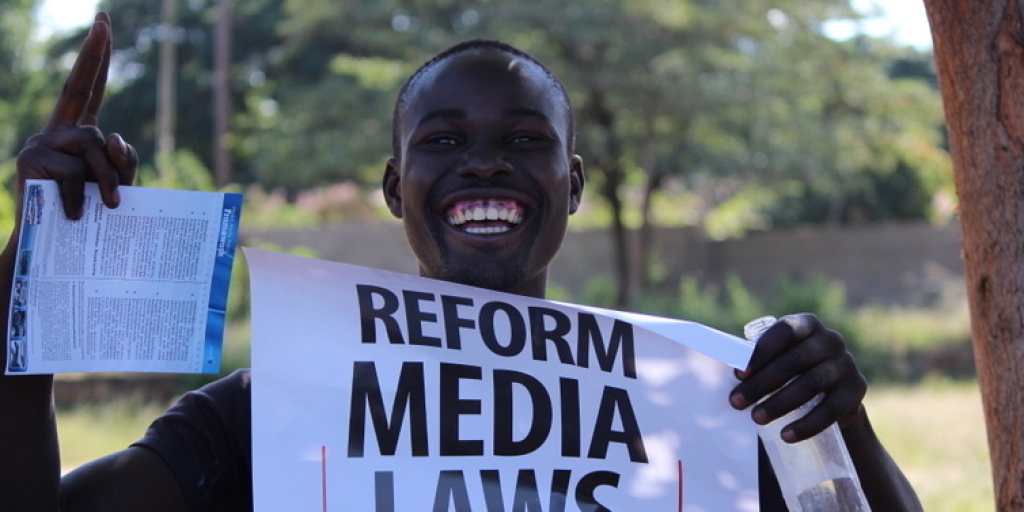Regulating the Press: A Comparative Study of International Press Councils
David A L Levy
Director, Reuters Institute for the Study of Journalism
Much of the reaction prompted by the widespread concern about press ethics following the News of the World scandal of 2011 has focused on questions of regulation. But that raises two problems.
First, press ethics and culture are often far more deep rooted than any particular regulatory arrangements.
Second, the debate on the future of press regulation in the UK has, so far, been largely inward looking and focused on domestic experience. Lara Fielden’s report provides the most up to date and wide ranging comparative study of press councils overseas. As such it is designed to meet multiple goals: to inform the Leveson Inquiry into the Culture, Practices and Ethics of the Press; to stimulate the wider debate on press reform, in Britain and elsewhere; and to provide a reference document about key developments and trends in a range of countries (primarily in Australia, Denmark, Finland, Germany, Ireland and Sweden) that share in common a free press and a tradition of press councils.
The report speaks to one of the key goals of the Reuters Institute in offering rigorous comparative research to inform a key issue in journalism practice and policy. In terms of the UK Leveson-related debate it offers hard analysis and insight in an area often marked by entrenched positions and emotion.
Its aim is not to provide a blue print for a new UK model, but there are many positive lessons from international experience. Overseas press councils differ greatly, as might be expected, reflecting their diverse press and political cultures.
But many share a common genesis, as an industry responseto the threat of statutory regulation. There is much to learn from this report and I expect that it will become a reference document for those seeking to learn more about approaches to press regulation.
Lara Fielden has managed a remarkable achievement in producing such a thorough analysis in a very limited amount of time. All those who read and benefit from this report will be in her debt as well as to the report’s sponsor David Ure, whose generosity in supporting this report made its production possible.
- Read Lara Fielden’s paper here.




